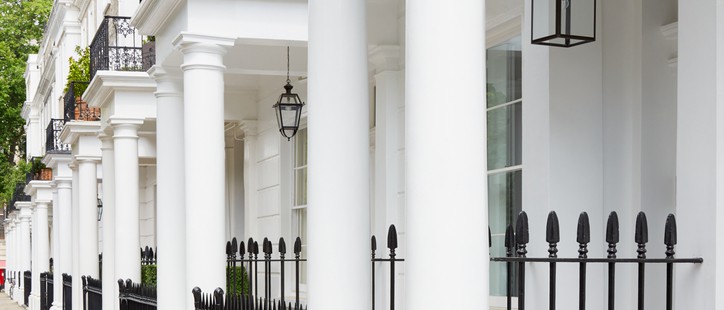Our Opinion: 2021
UK House prices booming

UK house prices have risen to new to record highs. Demand continues to outpace supply, helped by continued low interest rates, the return of 95% mortgages and the stamp-duty holiday extension.
The increase in house prices we’ve seen since the start of the pandemic can’t really be called a ‘mini-boom’ any longer, with average property prices rising to record highs and demand slowly but surely outpacing supply. As of March 2021 the average property in the UK was worth £254,606, up 1% from the £251,856 high of February according to the Halifax house price index, and up 6.5% from a year ago, or £15,430 more.
Hordes of buyers chasing a relatively small pool of homes are behind the price increase, as dwindling supply coupled with the stamp duty tax holiday prompts people to offer more, spend more, and encourage sellers to ask for more. Demand is totally eclipsing supply and that’s forcing buyers to chase prices.
An increase in supply is no guarantee prices will regulate themselves in the coming months. Halifax’s house price index revealed mortgage approvals fell in February by 9.9%; that figure is still 19.5% higher than it was in February 2020. The government’s 95% mortgage guarantee scheme, coupled with low interest rates, are set to boost house prices further as more people are able to buy homes.
The sheer volume of prospective buyers is partly due to the return of first time buyers, as securing a higher loan-to-value mortgage has got a lot easier over the past month or two. This bottleneck may be the driving force behind the increase in prices. Meanwhile, the lack of stock could be because those moving home have less of an incentive to do so due to the stamp duty ‘cliff edge’. This translates to fewer starter homes becoming available. House builders also shifted the vast majority of their stock at the end of last year and have limited units available within the next six months.
The prospect of summer and outdoor space in which to entertain, especially given ongoing restrictions and the uncertainty around when they’ll be lifted coupled with the concern of them coming back, is pushing people to move in droves. The March 2021 RICS UK residential survey showed sales market activity picked up sharply throughout the month, with 42% of surveyors citing an increase in new buyer enquiries for March. That’s the strongest return since September of last year. Agreed sales were also up, with 50% of contributors reporting an increase – a sharp acceleration from last month when only 7% did, and the strongest reading since last August.
At the top end of the market, the super-rich bought more homes in London than any other city in the world last year, according to new figures from estate agent Knight Frank. Buyers were lured by the weak pound and the end of the UK’s Brexit saga. ‘Super-prime’ properties in the UK capital are classified as anything with a price tag of $10m or more. More money was spent in London last year than in any other city, with London leapfrogging Hong Kong and New York.
Despite travel restrictions and the fact that the UK’s housing market was effectively locked down between March and May 2020, the number of sales above $10m in London last year was up on 2019, with Russian, French and Chinese buyers particularly active. The influx of money from overseas came as many London residents looked to the suburbs and the countryside in search of more space in the era of homeworking.
Buyers of $10m-plus homes in London and elsewhere are a narrow, international set, motivated and constrained by entirely different factors to those that move the mainstream housing market. Where they choose to buy signals as much about the relative attractiveness of a city’s tax regime, or its safety, as a place to store wealth as it does about livability.
Despite the pandemic, the $19bn spent on super-prime properties across a dozen cities monitored by Knight Frank last year was just 5% less than the 2019 total. London’s attractiveness has been burnished by the conclusion of Brexit negotiations and the fact that average prices in the most expensive postcodes are down around 20% from a 2015 peak. Another large factor driving strong sales was the cheapness of the pound against the dollar and euro.
Super-prime sales in New York fell 48% and Hong Kong fell 27%.
12th April 2021
